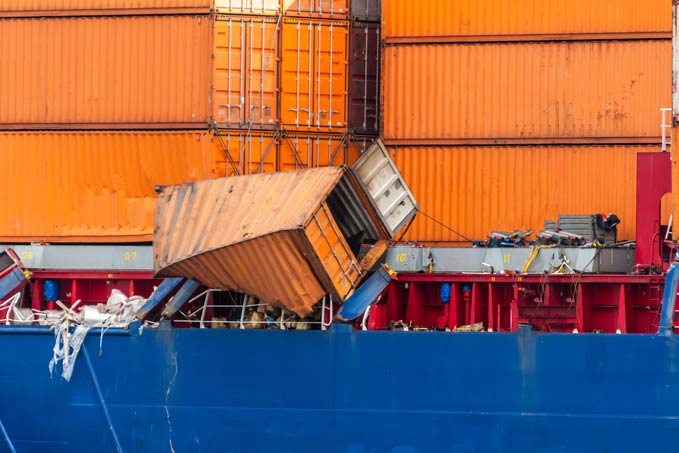Your freight could be lost, stolen/pilfered, dropped or damaged during transit. You need to have insurance to protect your cargo.
Whether it is an All Risk, With Average or FPA/Total Loss Insurance. Our insurance is underwritten by some of the most recognized insurance companies in the world.
Our liability, as a transportation intermediary is limited, and is subject to the limits shown in WCP’s Terms of Conditions.
Just need to add WCP contact for insurance:

